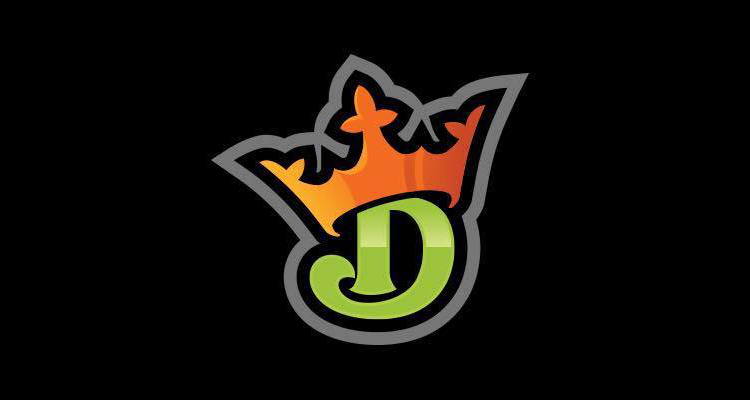Daily fantasy sports contest provider DraftKings Incorporated has reportedly held periodic merger talks with one of its largest competitors over the past 18 months although no deal is imminent.
According to a report from the Bloomberg news service, Jason Robins, Chief Executive Officer for Boston-based DraftKings Incorporated, revealed the past discussions with rival FanDuel during an onstage interview at the recent TechCrunch Disrupt technology conference in San Francisco, California.
Robins reportedly stated that one of the biggest positive factors behind any potential merger would be the possibility of having a larger pool of players while combining the two private companies could also help to reduce legal and lobbying costs.
“Where that actually leads and when, we’ll see,” Robins told Bloomberg.
Amid legal questions as to whether the pair should be classified as gambling providers, Bloomberg explained that both firms are currently pushing for legislation that clearly defines daily fantasy sports as legal.
Bloomberg first reported that the unprofitable duo were in discussions about the possibility of combining their businesses in June and pronounced that both firm’s investors were keen for a tie-up.
“I don’t know, frankly, whether this market can support two players,” Adam Krejcik, a principal for research firm Eilers And Krejcik Gaming told Bloomberg. “They’re not going to merge this year. That’s pretty clear.”
In advance of last week’s start of the new National Football League (NFL) season, DraftKings Incorporated declared that it had secured $153 million in new funding from a number of investors including Revolution Growth, which is an investment firm controlled by AOL founder Steve Case in partnership Washington Capitals and Washington Wizards owner Ted Leonsis.
Although the daily fantasy sports contest provider declined to divulge how it would use the new-found cash, technology publication TechCrunch reported that the Massachusetts firm spent around $156 million on television advertisements last year with the majority of this coming during the 17-week NFL season.



